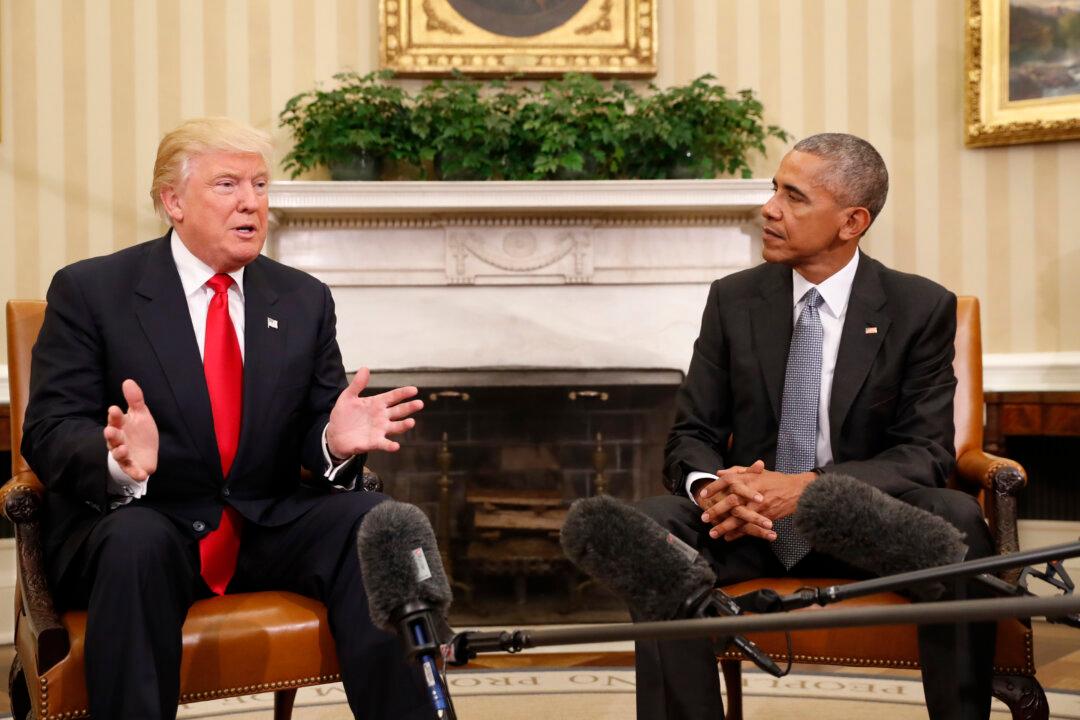Health care was one of the issues that dominated the election debates. Pharmaceutical and biotechnology companies, which had been worried about Hillary Clinton’s crackdown on drug prices, had relief at Donald Trump’s victory.
There will be big changes in health care under Trump’s presidency, including the repeal and replacement of Obamacare. However, there is still uncertainty about Trump’s health care agenda and how it will impact the various players in the sectors.
“We do expect [health care] to be a significant priority based on the frequency and the number of proposals starting to emerge from the transition team,” said Peter Claude, partner at PwC Consulting.
According to Claude, President-elect Trump’s health care policies will take into account free-market principles as well as consumerist and populist approaches, especially when dealing with drug costs.
Tackling high drug prices was a priority for Clinton during her election campaign. Although it was not a priority for Trump, he still has to deal with the issue due to widespread concerns over rising costs.
Drug prices will be on the table because of the populist view, according to Claude.
“Free-market point of view allows the manufacturers to price their products and compete on that pricing. But some companies have raised the prices dramatically, which caused public anger. So I don’t think the drugmakers are off the hook,” he said.
Trump also said he would allow drugs to be reimported. So the prescription drugs that were originally manufactured in the United States and exported to other countries will be imported back.
Trump also wants to require price transparency from all health care providers, including doctors, clinics, and hospitals. This will help consumers shop for the best prices to get their medical services.
All these policies will have a negative impact on drugmakers and hospitals, but they will benefit insurers, according to PwC.
Drugmakers will have some positive news as well. Trump has indicated he would support anything that reduces red tape in the drug approval process.
“The drug manufacturers will have an opportunity to seek advantages like the acceleration of the drug development and approval process with the U.S. Food and Drug Administration (FDA). So there is a room for negotiation [for drugmakers],” Claude said.
Can Trump Kill Obamacare?






